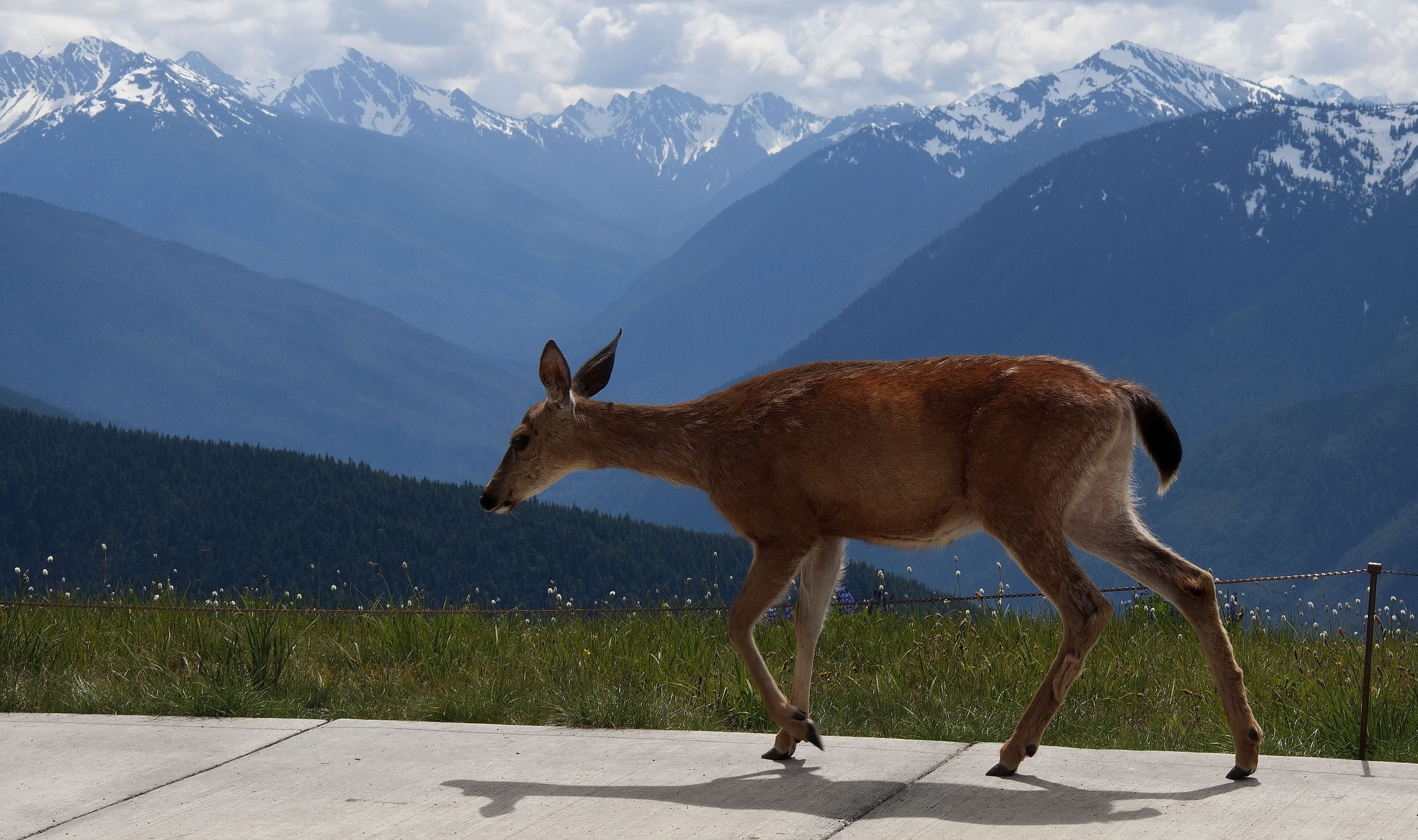Memories of the 1968 N.H. Primary
The New Hampshire primary election concluded with the winners being no surprise to anyone who keeps up with such matters. As always, I enjoyed seeing familiar scenes from my native state in the news broadcasts, even if I was not exactly thrilled with the election result.
The 2024 primary brought back memories of a more consequential primary held on March 12, 1968. At the time, our family lived in Allenstown, N.H., a small town about 10 miles southeast of Concord, the state’s capital and my birthplace. Allenstown now boasts almost 5,000 residents. In 1968, that number was more like 1,000. The public school only went through the eighth grade. Allenstown abuts its larger neighbor to the north, Pembroke. The Suncook River divides the towns, and the older Village of Suncook is contained within both municipalities.
The waterfall at the Suncook River bridge was always a source of fascination to me. It was easy walking distance from our house at 27 Valley St. The river, at the time, was polluted, and th e waterfall smelled like urine to my young nostrils. Like the other waterways in the Granite State, the Suncook River has since been cleansed, after the textile mills that lined most major rivers shut down. Pembroke has an actual downtown, unlike Allenstown. As a kid, I enjoyed walking to downtown Pembroke and browsing the five-and-dime store, or accompanying my dad to the barbershop just up the hill from that bridge.
e waterfall smelled like urine to my young nostrils. Like the other waterways in the Granite State, the Suncook River has since been cleansed, after the textile mills that lined most major rivers shut down. Pembroke has an actual downtown, unlike Allenstown. As a kid, I enjoyed walking to downtown Pembroke and browsing the five-and-dime store, or accompanying my dad to the barbershop just up the hill from that bridge.
In March 1968, the Vietnam war was raging. Lyndon Johnson was vying for his second full term as president. Richard Nixon was again seeking the Republican presidential nomination. The antiwar movement was growing. I was already an avid newspaper reader. My parents subscribed to both The Concord Daily Monitor and the Boston Record-American, a tabloid newspaper that was less expensive than the dominant Boston Globe. I devoured both newspapers each day, keeping up with my beloved Red Sox, Boston Celtics and then-Boston Patriots — but also politics and the Vietnam War.
Sen. Eugene McCarthy, D-Minnesota, undertook a longshot race in 1968 to unseat an incumbent president of the same party, calculating his steadfast opposition to the war would attract young voters and those who opposed U.S. involvement. That opposition continued to escalate in early 1968. McCarthy pinned his hopes on winning in New Hampshire, then as now the first presidential primary in the nation.
My memory is admittedly shaky, but this is what I recall. After school, on March 12, 1968, I walked to downtown Pembroke, taking note of the political signs on the grounds of the congregational church at the top of the hill. I believe the church was serving as a polling place. A pretty college girl had a fistful of fliers and stood outside in the snow, handing them out. She noticed I was staring at her and beckoned me over.
“I’m handing these out for Gene McCarthy. Do you want to help?” she asked. I was flattered to be asked by this pretty girl and readily acquiesced. I am certain I was a ridiculous sight, this short, near-sighted kid handing out McCarthy leaflets. Luckily, I was too young to realize that.
McCarthy did not win the N.H. primary, but he garnered 42% of the vote to 48% for Johnson. It felt like a victory for the quirky academic turned politician, but the euphoria was short-lived. Four days after the primary, Robert Kennedy, then a U.S. senator from New York, changed course and entered the race. On March 31, Johnson announced he would no longer seek re-election.
The rest of 1968 was tumultuous for the nation and also brought about some life-changing events for our family. Martin Luther King, Jr. was murdered in April; Robert Kennedy assassinated in June. There was rioting in several cities. A few weeks later, a moving van appeared in front of our house. My dad hooked a U-Haul trailer to our 1964 Mercury Comet. We were gone to Longview, Texas. We spent the summer living with my grandfather, newly widowed but not for long, until my parents could find a house.
I watched the Democratic convention on my grandfather’s television, as demonstrators were clubbed in the streets for protesting the war. Mayor Richard Daley had ordered the amphitheater, where the convention was being held, ringed in barbed wire. More than 11,000 police took shifts viciously beating the demonstrators, all shown on live television.
Inside, Hubert Humphrey, LBJ’s vice president, managed to gain the nomination despite not having entered any of the primaries. McCarthy and Sen. George McGovern, who would become the 1972 nominee, were left out in the cold. Nixon easily won the Republican nomination and the election as well. My grandfather said he voted for third-party candidate George Wallace, along with nearly 10 million other people. My grandfather and I avoided discussing politics.
My parents bought a house on South Twelfth Street at the end of summer, right behind the LeTourneau campus where I now work. I got a part-time job selling newspapers, lurching me into what would become my career for a half century.
There have been a lot of miles traveled since March 1968
Leave a reply
Fields marked with * are required











